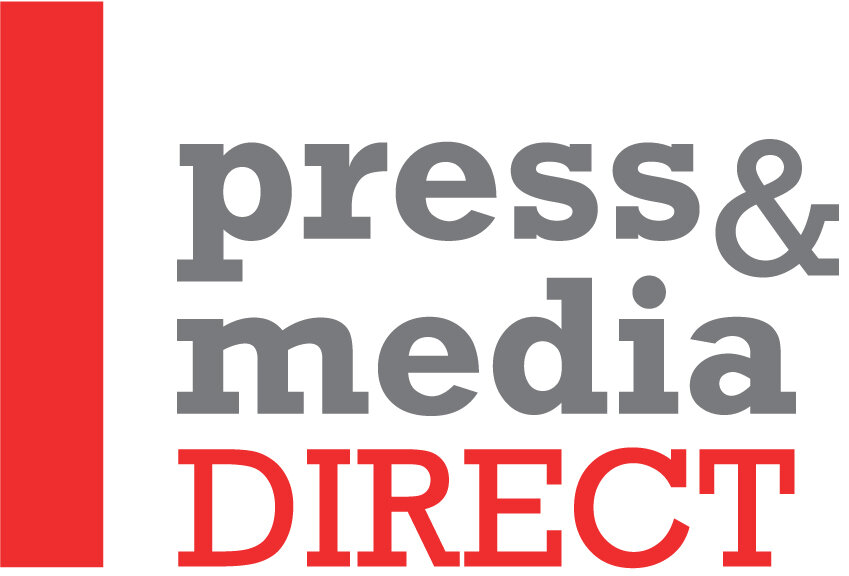How Much Should You Spend on Marketing?
How much a business should spend on its marketing is a debate that has gone on for many years. Opinions differ considerably, depending on whether a business is marketing or sales orientated.
Unfortunately, it’s quite often the case that sales orientated businesses are ran by people with very little understanding and appreciation of marketing. The problem in operating in a sales orientated way is that the focus is purely on the immediate sales rather than taking the long-term strategic approach that’s key to future stability and success.
The immediate sales ( ‘bean counting’) approach is very short-sighted and what little is spent on marketing is often random, ad - hoc and ill-considered. With no clear long-term aims and objectives, such marketing expenditure is usually a waste of money, further fuelling the ‘bean counters’ stance that marketing is just a waste of money!
The vast majority of todays successful businesses are very much ‘marketing orientated’ and understand that marketing paves the way for healthy levels of sales enquiries to exist in the future. Marketing is now recognised as a fundamental part of the overall business plan and an essential investment in order to achieve a healthy and consistent level of sales. As a general rule of thumb, a business should be investing around 10% of its sales / turnover into marketing - particularly if its serious about growth.
Those businesses enjoying strong sales should ‘not turn of the tap’ on their marketing spend since, as already stated, marketing is very much a long-term prospect. By all means cut back on your spend BUT never stop. Remember that marketing is as much about brand awareness as it is about sales. Similarly, if business is particularly tough and enquiries thin on the ground, the worse thing you can do is to completely cut your marketing spend; to do so would be rather like pulling the blind down on your shop window, turning off the lights and locking the door! What you need to do is shout louder OR re-evaluate your offering, your marketing mix and the quality of your marketing tools.
Along side your marketing tools, it’s essential that the monitoring and measuring mechanisms are in place. This enables you, as the campaign progresses, to get a firm understanding of how each marketing tool is performing, how it interacts with the other tools - and how collectively the marketing mix is contributing to sales enquiry levels. You need to consider that its all about an integrated marketing approach. Given this, it’s not advisable to focus your spend purely on one marketing tool. To illustrate this point consider for example that a blog, press release or item of news on a website (this is essentially PR), helps with your websites SEO (‘search engine optimisation’) which in turn - via the website - can be interacted with your social media tools (Facebook / Instagram / Twitter etc). Such social media activity will in turn drive yet further traffic to your website! All advertisements, both printed and digital, will drive traffic to your website.
Given the importance of the website and the fact that its easily your most important marketing tool, a good portion of the marketing budget should be directed towards its continuous development and optimisation. However, ensure that all content is driven by an experienced marketer and someone who fully understands your industry, your products and services as well as your target market.
Marketing is a ‘very big picture!’ Besides your marketing tools, it also involves understanding your desired target market, your perceived competition, product development / R&D, your levels of service, pricing, brand perception and much more besides. To get this right requires research and time. All this probably goes someway to illustrating that, in the great scheme of business development, 10% is quite a modest marketing spend!
A Combination of PMD’s expertise, experience and the way in which the business is structured means that we are able to make your budget go much further than a large city centre agency.
To find out more, get in touch.
